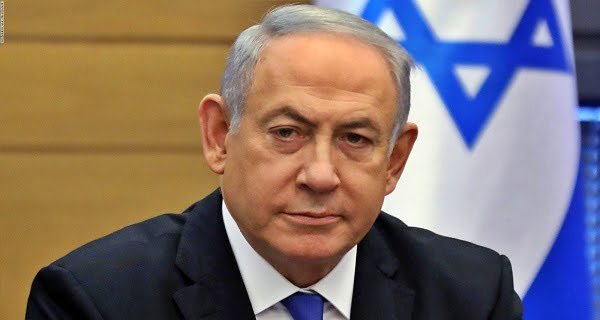
Jerusalem: Israeli Prime Minister Benjamin Netanyahu has unveiled his vision for the future of Gaza after the war with Hamas, the Islamist militant group that controls the coastal enclave. His plan, which he submitted to his security cabinet for approval on Thursday night, outlines Israel’s intention to have unlimited control over security and civilian affairs in the demilitarized Gaza Strip and to eradicate Hamas as a military and political force.
Netanyahu’s plan is the first formal proposal for the post-war situation in Gaza, which has been under a devastating Israeli offensive since October. The plan does not provide much detail, but it indicates that Israel will not accept any role for the Palestinian Authority (PA), the internationally recognized government of the Palestinians, which is based in the West Bank and has been seeking to reunite with Gaza.
The plan also contradicts the US vision for Gaza, which calls for the establishment of a unified Palestinian government that would rule both Gaza and the West Bank, and pave the way for a two-state solution to the Israeli-Palestinian conflict. The US, Israel’s closest ally, has been mediating cease-fire efforts between Israel and Hamas, along with Egypt and Qatar, but has faced resistance from Netanyahu, who opposes any concessions to Hamas or the PA.
According to the plan, Israel will maintain security control over all land, sea, and air west of the Jordan River, including the West Bank and Gaza. Israel will also close off Gaza’s southern border with Egypt, to prevent smuggling of weapons and fighters. Israel will seek to demilitarize Gaza, by removing all military capabilities beyond those necessary for public order. Israel will also promote de-radicalization programs in Gaza’s religious, educational, and welfare institutions, with the help of Arab countries that have experience in such initiatives.
On the civilian front, Israel will allow Palestinians with no links to armed groups to run Gaza’s administration, economy, health and education systems. Israel will also facilitate the reconstruction of Gaza, which has suffered massive damage and casualties from the Israeli bombardment, in coordination with the international community and regional partners. Israel will ensure that humanitarian aid reaches Gaza’s population, which has been suffering from a severe blockade and power shortages for years.
The plan states that Israel is committed to eliminating Hamas, which it considers a terrorist organization that seeks to destroy Israel. Israel accuses Hamas of launching thousands of rockets and missiles at Israeli cities and towns, and of using Gaza’s civilians as human shields. Israel also holds Hamas responsible for the abduction of 253 Israelis, mostly civilians, who were taken hostage during a surprise attack on October 7, 2020. Israel demands the release of all its captives as a precondition for any cease-fire.
The plan does not mention any role for the PA, which is led by President Mahmoud Abbas, who is seen by Israel as a weak and corrupt leader. The PA has been trying to restore its authority in Gaza, which it lost to Hamas in a bloody coup in 2007. The PA has also been pursuing diplomatic recognition of a Palestinian state at the United Nations and other international forums, a move that Israel rejects.

The plan also does not address the core issues of the Israeli-Palestinian conflict, such as the status of Jerusalem, the borders of a future Palestinian state, the fate of the millions of Palestinian refugees, and the Jewish settlements in the West Bank. The plan implies that Israel will continue to occupy and annex parts of the West Bank, which it captured in the 1967 war, and which the Palestinians claim as their homeland.
The plan has been met with rejection and criticism from Palestinian leaders and factions, who denounced it as a blueprint for genocide and apartheid. They said that the plan aims to perpetuate Israel’s occupation and colonization of Palestinian land and to deny the Palestinians their basic rights and aspirations for freedom and statehood. They also warned that the plan will fuel more violence and resistance, and undermine the prospects for peace and stability in the region.






































